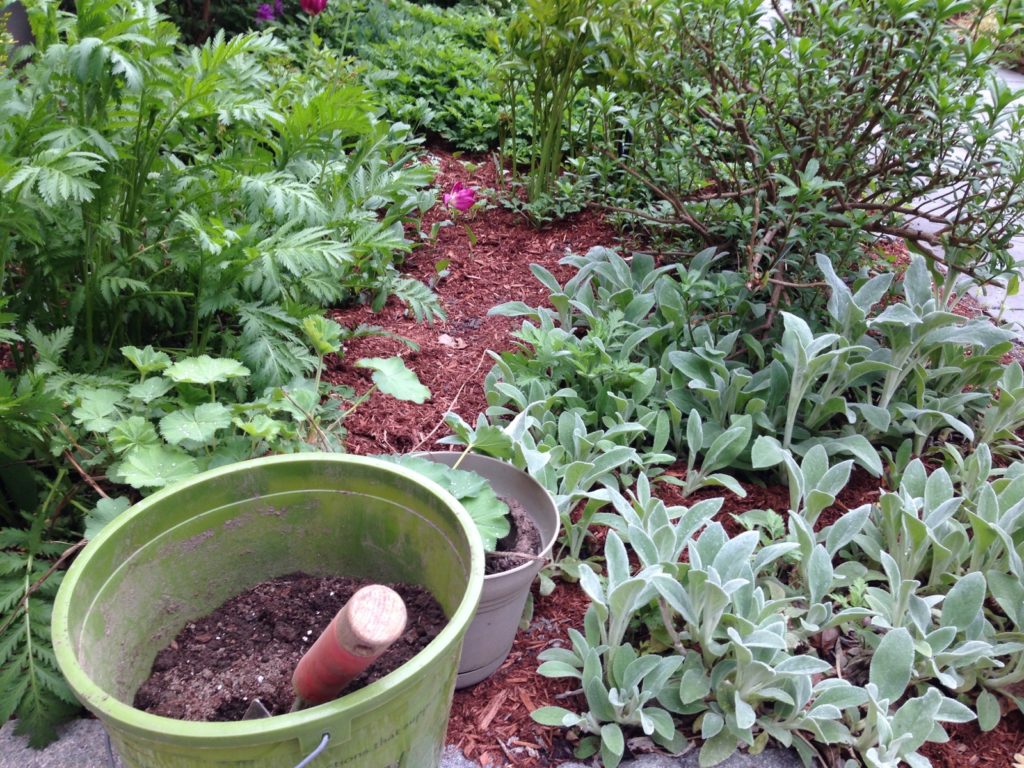
There’s so much to nurture when we raise kids. We help them to grow in so many areas: language, emotional self-control, social interactions, practical skills, academics, compassion…. While you’re working on all that, remember to also factor in their sexual health. Even though it will be years before they’re sexually active, what you do now will influence how happy and healthy their sex lives eventually are.
Some of this nurturing process is informational and some of it is tone. If your child asks a sexual question and you freak out, refuse to answer (“You’re too young to know about that”), or evade, you teach that there’s something wrong about sexuality, that it’s somehow bad or unspeakable. This sense of wrongness can seep into a child’s perceptions of sexuality and interfere with enjoyable intimacy later on.
It’s far better to provide sexual information in small chunks over a child’s whole life—just the way you teach about everything else. Don’t save it up for “The Talk” at some arbitrary time; answer questions as they come up. Although it may feel awkward, do your best to stay calm (at least outwardly). Take a deep breath or two, then answer the question.
Here are some ways to grow sexually healthy children:
Be matter-of-fact about sexual facts. The way humans and other mammals make babies is simply a fact, just like the fact that young animals grow to be bigger ones or that things fall when you drop them. It’s all a part of the natural world. Our adult minds may go down all sorts of pathways about the meaning, timing, and morality of sex—but that’s not where kids are at. They just want to know how that baby got inside that mommy, just as they want to know why the seasons change, why they can’t have ice cream for breakfast, or how to operate a seat belt. Give a short, accurate answer without letting all your mental spinning get in the way.
Use correct language. Give kids the tools to talk about genitals just as they talk about other body parts. You don’t use euphemisms for “finger” or “knee”; don’t avoid using penis, vulva, vagina, or breast. That’s just what those parts are called, and there’s nothing wrong with those parts of our bodies. Using accurate language is part of being matter-of-fact. It helps kids feel more comfortable in their bodies and more comfortable talking with you or a doctor about them. Later in life, it’ll make it easier for them to talk with their eventual partner without shame.
Accept that even little kids are sexual beings. This can be a tough one to get your head around, but it’s true. Even toddlers can have sexual feelings; some of them masturbate. That can seem very weird for parents who see their kids as pure little angels, but there’s really nothing impure about it. Sexuality is part of being human. For some kids, sexuality doesn’t really kick in until puberty or later; for others it seems to be active from the beginning. All of that is fine and normal. Do your best to accept whatever curiosity or feelings your child may have.
Be a source of information. Kids are curious about the world. If they don’t get sexual information from you, they’ll eventually get it from other sources—including inaccurate sources like peers and disturbing ones like pornography. You are far better off demonstrating early on that your child can turn to you when she has a question. She’ll be better informed, and you’ll develop the kind of relationship where she knows she can talk to you about later romantic or sexual issues.
Model a loving relationship. If at all possible, demonstrate in your own relationship what it means to treat a partner well. Show affection and playfulness with your partner. Listen respectfully; disagree without rage or putting your partner down; treat one another fairly and kindly. Your relationship becomes your child’s inner template for what adult romantic relationships look like. If yours is basically healthy, that’s what your child will likely repeat when he grows up. If it’s not healthy, get help improving it, for your child’s sake as well as your own.
Through all of this, keep in mind what I hope is your long-term goal: Kids who grow up to have loving, mutually satisfying, even joyful sex lives. Each seed you plant and nurture now can affect how beautiful their sexual garden later becomes.
I like that you mentioned that you view your kids as sexual beings. You shouldn’t see this as any negative, but instead make it positive and be one your kids can turn to. They can either find out from you or others and the internet.